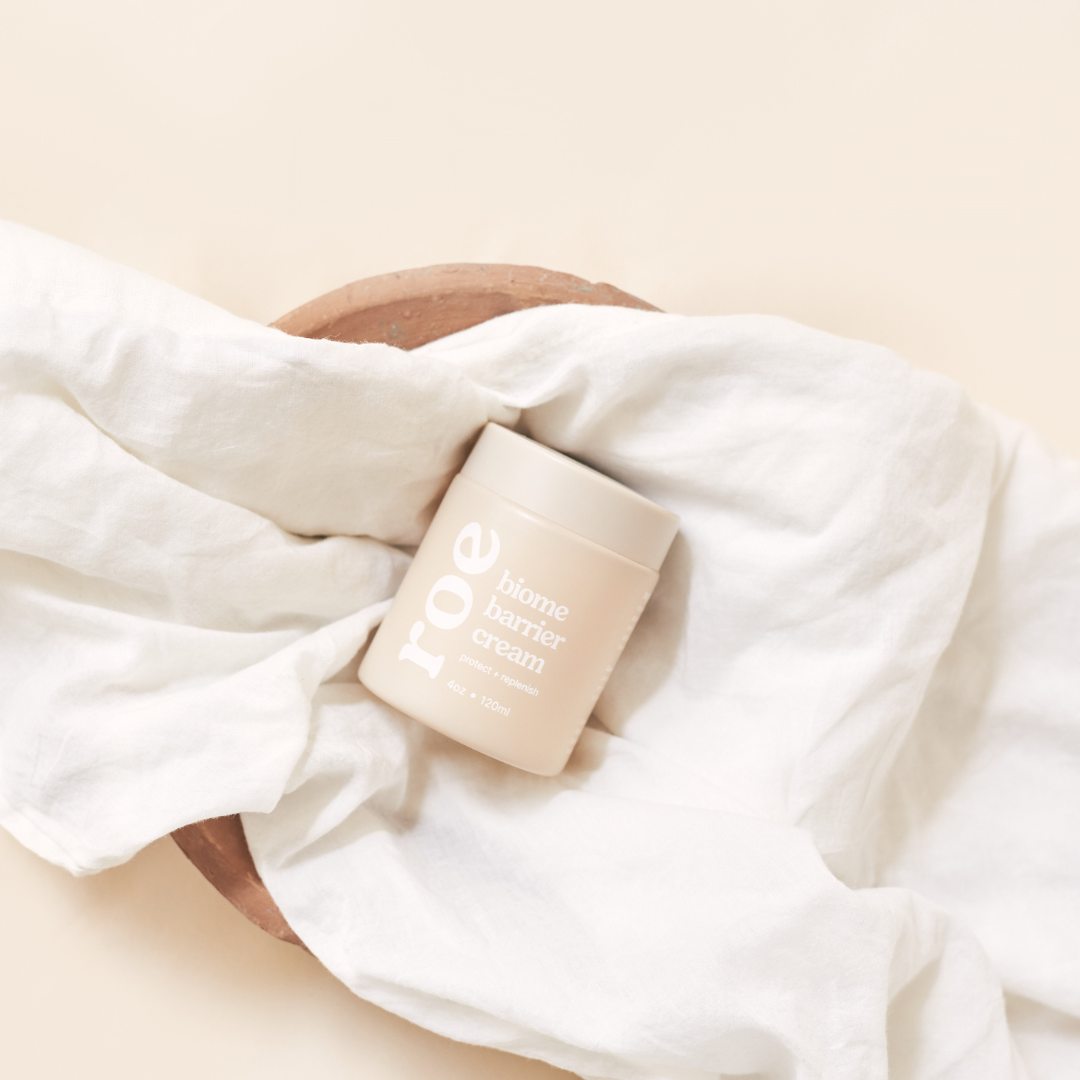How do you define an allergen?
Allergens have an affect on the body internally and externally. Sometimes an allergen can be consumed and sometimes it comes in contact with the surface of your skin. ¹ Everyone’s immune system responds differently, and allergens might not affect one person like it does another. The most common allergens that can cause a reactive response are food, pollen, pets, mold, dust, drugs, insects, and latex. ²
.
What are free radicals?
Free radicals are atoms without a securely formed environment and interrupt a stable number of electrons. Highly reactive is their middle name. ³ Think of a free radical as a bug that contaminates a tree. After time, the contamination in the tree exponentiates and is starting to affect the entire tree. One single bug can have an alarming effect because it the contamination can begin to grow and overpower the tree. You can compare a free radical to the bug and a person’s skin barrier as the tree. Your skin is vulnerable to free radicals because it is a stable ecosystem. A highly reactive substance like free radicals can protrude on your DNA, lipids, and proteins. ⁴
What do you recommend to protect the skin barrier?
Our Biome Barrier Cream serves as a protectant against free radicals and allergens because it lies on the surface layer of your skin. The protective agents within this formula are derived from Coconuts, Vegetable fats and oils, Aloe leaf, Olives, Grape Seeds, Jojoba Seeds, and Squalene.
Go grab your Biome Barrier Cream by clicking the “SHOP” button below!
Sources:
1-Russell D. J. Huby, Rebecca J. Dearman, Ian Kimber, Why Are Some Proteins Allergens?, Toxicological Sciences, Volume 55, Issue 2, June 2000, Pages 235–246, https://doi.org/10.1093/toxsci/55.2.235
2-Puc, Malgorzata. "Characterisation of pollen allergens." Annals of Agricultural and Environmental Medicine 10.2 (2003).
3-Vieths, Stefan, Stephan Scheurer, and B. A. R. B. A. R. A. BALLMER‐WEBER. "Current understanding of cross‐reactivity of food allergens and pollen." Annals of the New York Academy of Sciences 964.1 (2002): 47-68.
4-Halliwell, Barry, and John MC Gutteridge. Free radicals in biology and medicine. Oxford university press, USA, 2015.








